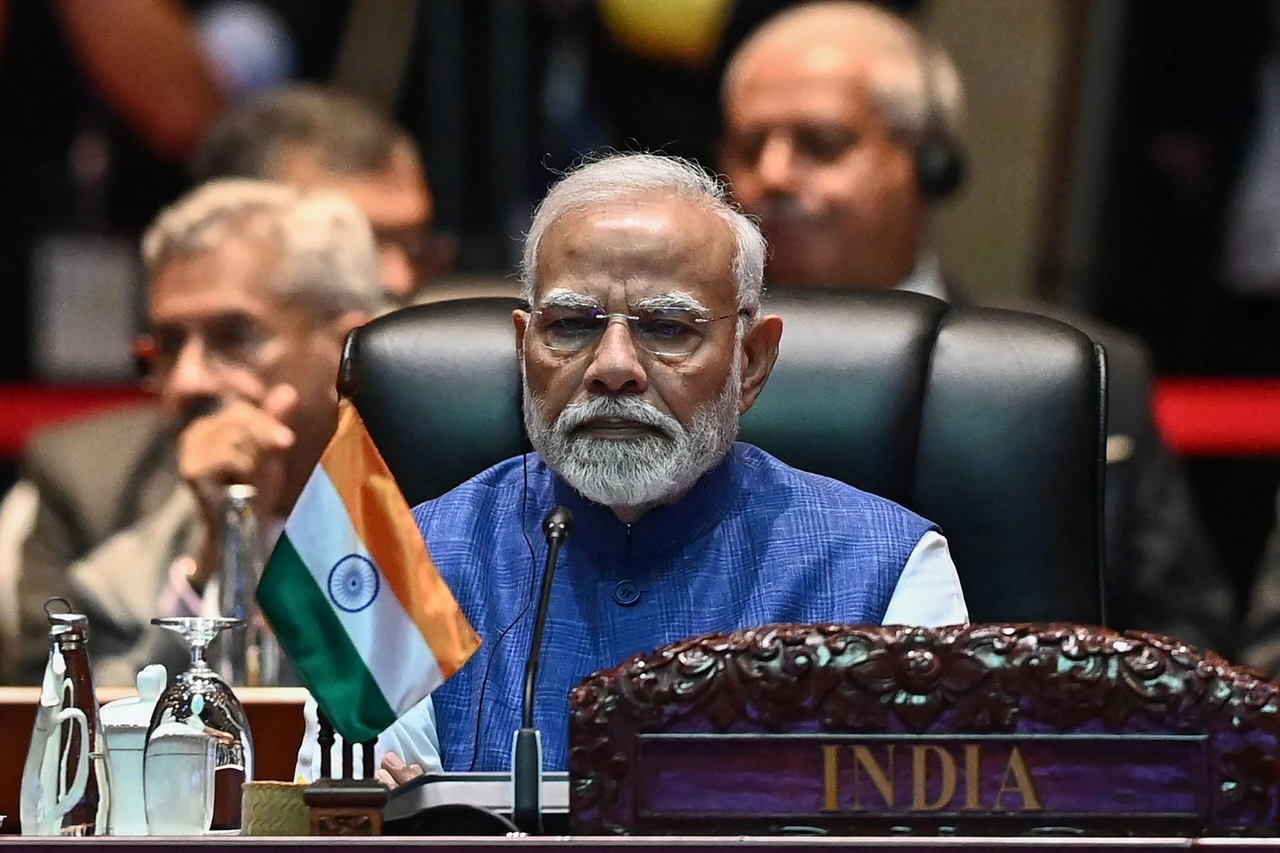Qatar’s PM announces agreement on Gaza cease-fire framework
Qatar’s prime minister announced progress in discussions with Israel, the US and Egypt, leading to a preliminary plan for a cease-fire in Gaza
Qatar’s prime minister announced that significant headway had been made in discussions involving Qatar, Israel, the U.S. and Egypt, resulting in the establishment of a preliminary plan for a gradual cease-fire in Gaza.
The prime minister, Sheikh Mohammed bin Abdulrahman Al Thani, who also serves as Qatar’s foreign minister, disclosed that the outlined framework would be communicated to Hamas. He shared this information in Washington after engaging in discussions with top Israeli, Egyptian, and U.S. officials in Paris the previous day.
According to Sheikh Mohammed, the framework, which he suggested could potentially lead to a permanent cease-fire, encompasses a phased truce. This truce would prioritize the release of hostages, along with the provision of aid to the besieged Gaza. Additionally, it involves the release of Palestinian detainees from Israeli prisons.
In response, a senior Hamas official, Taher al-Nunu, expressed a preference for a “complete and comprehensive cease-fire” rather than a temporary truce. However, it remained uncertain whether Hamas officials had received the details outlined by Qatar. Nunu indicated that once hostilities ceased, further discussions could address matters such as hostage releases.
Israel characterized the Paris talks as “constructive” but noted the existence of “significant gaps” that necessitated further deliberation among the involved parties.
Health Ministry in Gaza reported that, within the past 24 hours, Israeli forces had caused the death of 215 Palestinians and injured 300 more. The total number of wounded Palestinians since the conflict’s inception was estimated at 65,387.
The situation in the Middle East escalated further when three U.S. soldiers were killed in Jordan on Sunday, with over 40 others sustaining injuries due to a drone attack at a U.S. military base near the Syrian border.
During a speech at the Atlantic Council think tank in Washington, the Qatari prime minister expressed concerns about the potential impact of U.S. retaliation following the recent attack. He emphasized the potential repercussions on regional security and expressed hope that any U.S. response would not undermine the progress made during the weekend talks regarding the new Israel-Hamas hostage release agreement.
Source: Newsroom



